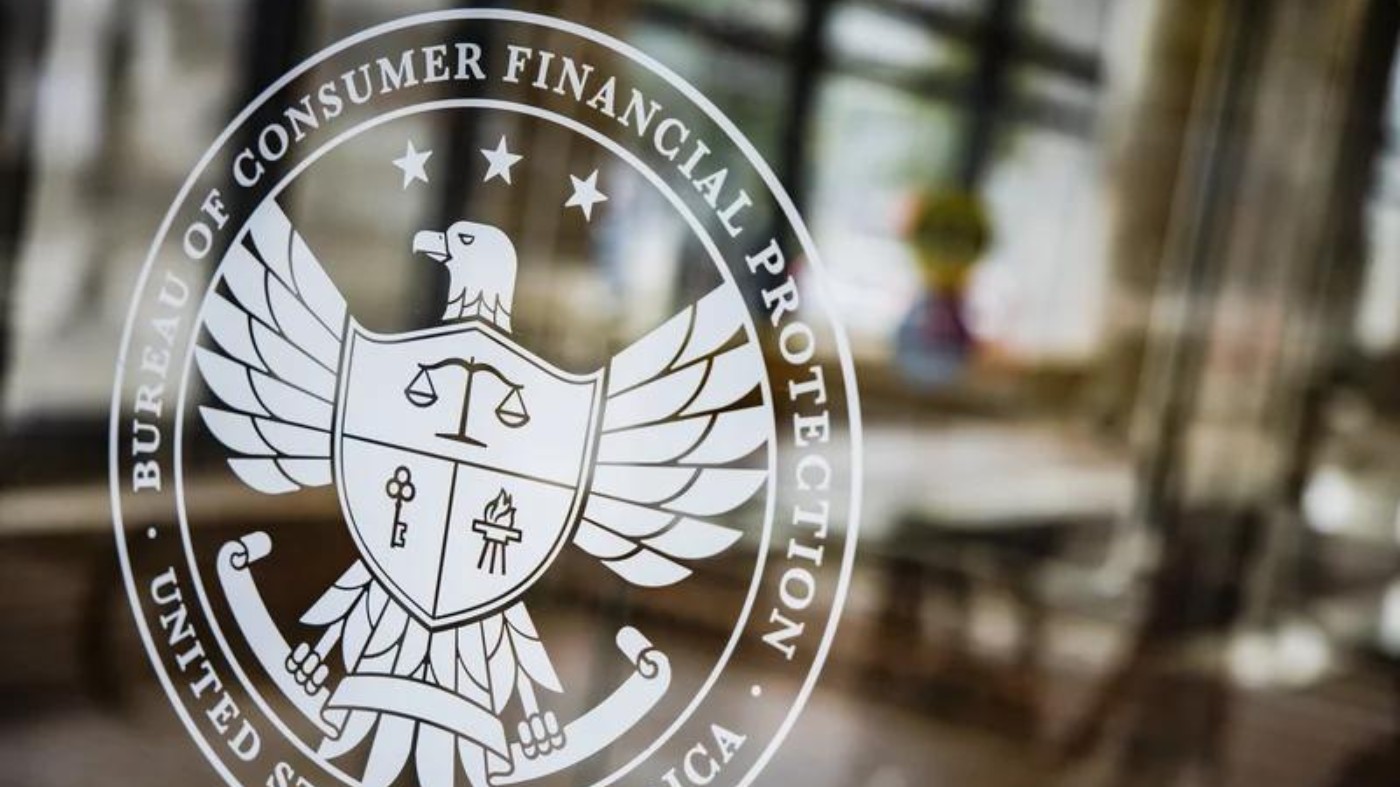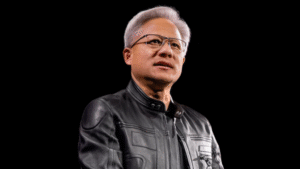Elon Musk has long been known as a disruptor. Whether in the realms of electric vehicles, space exploration, artificial intelligence, or social media, his influence has been undeniable. Now, his latest arena is financial regulation, where he is actively pushing for the weakening—or outright dismantling—of the Consumer Financial Protection Bureau (CFPB). His efforts to expand X into a dominant financial platform coincide with his aggressive campaign to limit regulatory oversight, creating a landscape fraught with legal, ethical, and economic concerns.
Musk’s ambitions for X, the rebranded Twitter, have always stretched beyond social media. His vision is to transform the platform into an all-in-one financial hub, allowing users to send payments, manage accounts, and even invest—all without leaving the app. Earlier this year, X CEO Linda Yaccarino announced a major partnership with Visa, signaling the first major step toward turning X into a financial powerhouse.
But Musk’s push into financial services has been accompanied by an equally aggressive effort to dismantle regulatory barriers. Last week, he declared, “RIP CFPB” on X, making clear his stance against the federal agency that oversees financial transactions. Shortly after, the Department of Government Efficiency (DOGE), an agency Musk now leads, took control of the CFPB’s internal systems, effectively shutting down its operations. The result: an immediate halt to consumer protection enforcement, leaving millions vulnerable to financial fraud.
Critics argue that Musk’s involvement in regulatory affairs presents a clear conflict of interest. His businesses—particularly X and Tesla—stand to benefit from a weakened regulatory environment. Tesla Finance LLC, which provides auto loans, falls directly under the CFPB’s jurisdiction. Yet Musk, Tesla’s largest shareholder, is now directly influencing the agency’s fate.
Despite White House assurances that Musk will file a confidential financial disclosure, concerns remain high. Legal experts like Richard Painter warn that Musk’s involvement could constitute a violation of criminal conflict-of-interest laws.
Meanwhile, X’s expansion into financial services continues. X Payments LLC is now registered with FinCEN and has obtained licenses in 41 states. According to Yaccarino, the Visa partnership is just the beginning of a much larger financial strategy for X Money.
As Musk accelerates his financial ambitions, his campaign against the CFPB raises urgent questions about the future of consumer protection. With regulatory structures at risk, the balance of power is shifting, leaving millions of Americans wondering who will safeguard their financial interests in an increasingly deregulated world.









